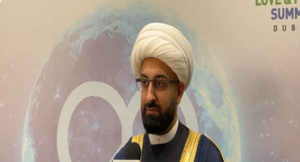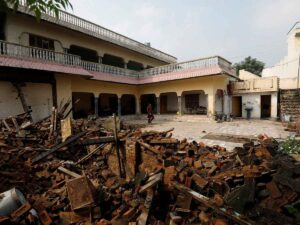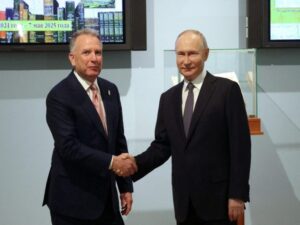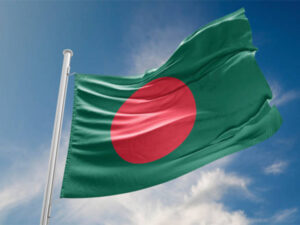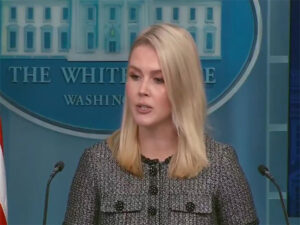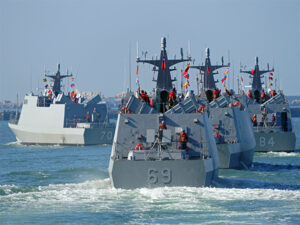Confident that our relationship in Sri Lanka, Bangladesh will continue to be positive, constructive: Jaishankar
New York, Sep 25 (PTI) External Affairs Minister S Jaishankar expressed confidence that India’s relationship with neighbours Sri Lanka and Bangladesh would continue to be “positive and constructive”.
“I would urge you not to be deterministic about it. It’s not like India is seeking to control every political move of every neighbour. That’s not how it works. It doesn’t work, not just for us, it doesn’t work for anybody else,” Jaishankar said on Tuesday during an interaction at an event titled ‘India, Asia and the World’ hosted by Asia Society and the Asia Society Policy Institute here.
The minister was responding to a question that India has given unconditional aid to Bangladesh and Sri Lanka but government changes there seemed to be potentially adverse for India.
“Every country will have its own dynamics. In foreign policy, you try to read, anticipate, and then respond to it. I’m very confident at the end of it all, in our neighbourhood, the realities of interdependence or mutual benefit and our ability to get along will serve both our interests. Those realities will assert themselves. That’s been the history,” Jaishankar said.
Jaishankar added that every few years, “something happens in our region, and people suggest that there is some kind of irretrievable situation out there. You then see the correctives beginning to manifest themselves. So, I would take it in that spirit and am quite confident that in both these cases, our relationship would continue to be positive and constructive,” he said.
The minister’s remarks came in light of the change of government in Sri Lanka and Bangladesh.
On Sri Lanka, Jaishankar said India stepped forward when Colombo was facing a very deep economic crisis, and “very frankly, when nobody else came forward”.
“And I’m very glad we did it. We did it in a timely manner. We did it on scale. We put out USD 4.5 billion effectively,” he said, adding that the move stabilised the Sri Lankan economy.
“The rest of it was up to them. At that time we did it, it was not like we had a political conditionality which accompanied that. We were doing it as a good neighbour who did not want to see that kind of economic meltdown at our doorstep.”
Jaishankar said that what happens politically in Sri Lanka, “is for their politics to work out”.
“At the end of the day, each of our neighbours will have their own particular dynamics. It’s not our intention to suggest that their dynamics must necessarily adhere to what we might consider as being better for us. I think this is the real world. I mean, everybody makes their choices and then countries adjust to each other and find ways of working it out,” the minister said.
In the case of Bangladesh, he said: “It’s a little bit different. What we have done over the last decade is to do projects of various kinds which have been good for both of us. Economic activity overall has picked up, and logistics of that region has improved.”
Jaishankar said both countries have gained a lot out of that.
In August, Nobel laureate Muhammad Yunus was sworn in as head of Bangladesh’s interim government after weeks-long violent protests culminated in the ouster of former prime minister Sheikh Hasina, who has since fled to India.
Marxist leader Anura Kumara Dissanayake, 56, was on Monday sworn in as Sri Lanka’s ninth president following his victory in the Sri Lankan presidential election.

